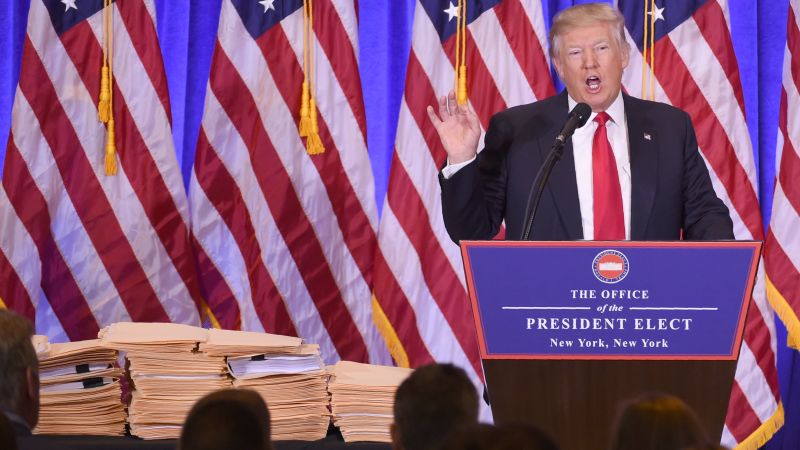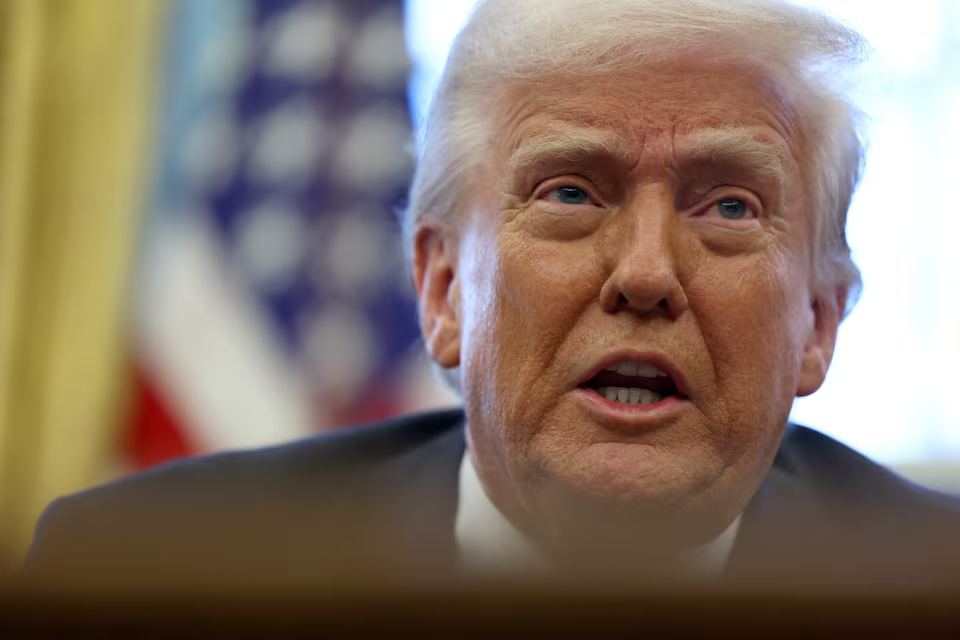Lara Trump’s recent interview with her father-in-law, former President Donald Trump, aired on Fox News and has been met with widespread ridicule and condemnation across social media platforms. The interview, characterized by many as a "North Korea-style" affair, raises serious questions about journalistic integrity and the role of media in a functioning democracy.
Lara Trump’s Interview Sparks Backlash
In the wake of the interview, social media erupted with criticism, highlighting the lack of challenging questions posed to the former president. Critics noted that Lara Trump, married to Donald Trump’s son Eric, failed to press her father-in-law on pressing matters, instead opting for soft inquiries. This dynamic has drawn parallels to state-controlled media in authoritarian regimes, where questioning authority is not only discouraged but outright avoided.
The Timing of the Interview Raises Eyebrows
This interview aired just one day before the one-year anniversary of Trump’s assassination attempt in Butler, Pennsylvania. The timing appears calculated, possibly intended to generate sympathy and rally his base ahead of the anniversary. As reported by the U.S. Secret Service, the investigation into this event is still ongoing, with serious implications for national security and the political landscape. Instead of addressing these critical issues, the focus was shifted to benign personal reflections.

Donald Trump’s news conference timeline | CNN Politics
Media Complicity in Trump’s Narrative
The lack of incisive questioning is a glaring reminder of how media outlets can become complicit in the narratives crafted by powerful figures. As noted by scholars on media evolution, the role of the press is paramount in holding leaders accountable. However, when interviews resemble infomercials more than journalistic inquiries, the public is left with a dangerously sanitized version of reality.
Public Reactions Highlight Growing Discontent
The public"s reaction to the interview illustrates a broader discontent with the Trump family"s media strategy. Users on X, formerly Twitter, expressed their outrage, with one user stating, "I refuse to watch infomercials. Lara Trump cannot practice journalism interviewing her father-in-law." This sentiment reflects a growing frustration among citizens who demand accountability and transparency from those in power.

After backlash, Trump pulls social media post with reference to "unified Reich"
Implications for Democracy and Civil Rights
This kind of media presentation not only undermines journalistic standards but also poses a threat to democratic discourse. The potential for misinformation and the erosion of critical debate in the public sphere are significant. The consequences extend beyond entertainment; they affect civil rights and the understanding of governance in America. As former civil rights attorney and now political correspondent, I see the chilling effect such narratives can have on civic engagement and voter participation.
Moreover, the interview highlights the broader implications of familial loyalty in politics, especially when it intersects with media representation. The intertwining of personal and political narratives is reminiscent of the familial dynasties that have historically shaped political landscapes, often at the expense of marginalized voices. As reported by Harvard"s Radcliffe Institute, the personal stakes in political discourse can lead to a failure to address systemic issues that affect everyday Americans.



![[Video] Gunfire between Iraqi security forces and Sadr militias in Baghdad](/_next/image?url=%2Fapi%2Fimage%2Fthumbnails%2Fthumbnail-1768343508874-4redb-thumbnail.jpg&w=3840&q=75)
